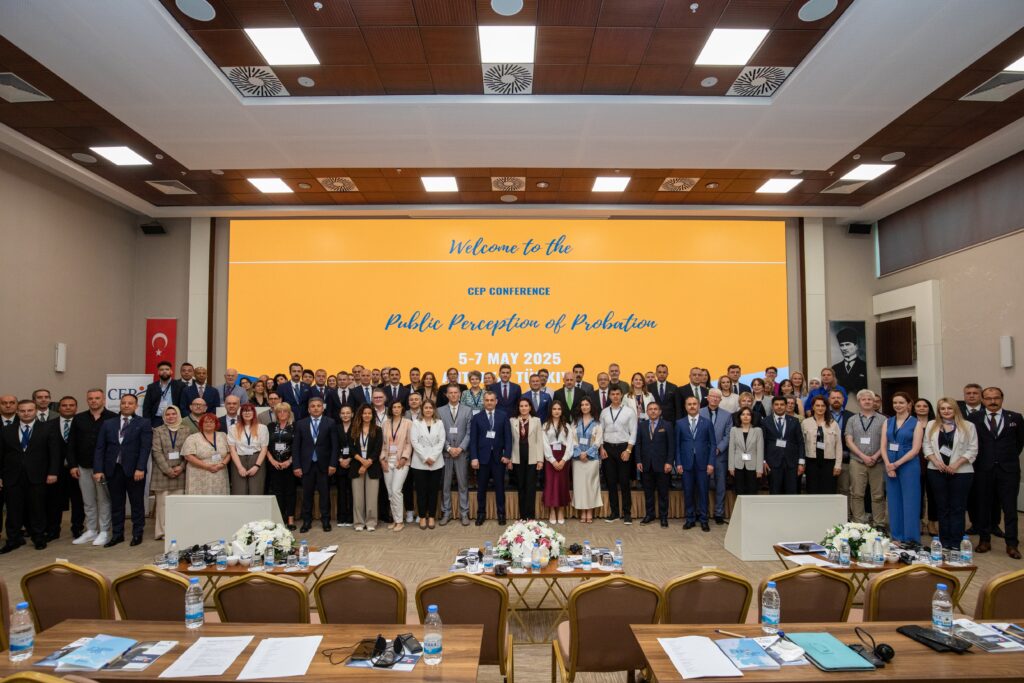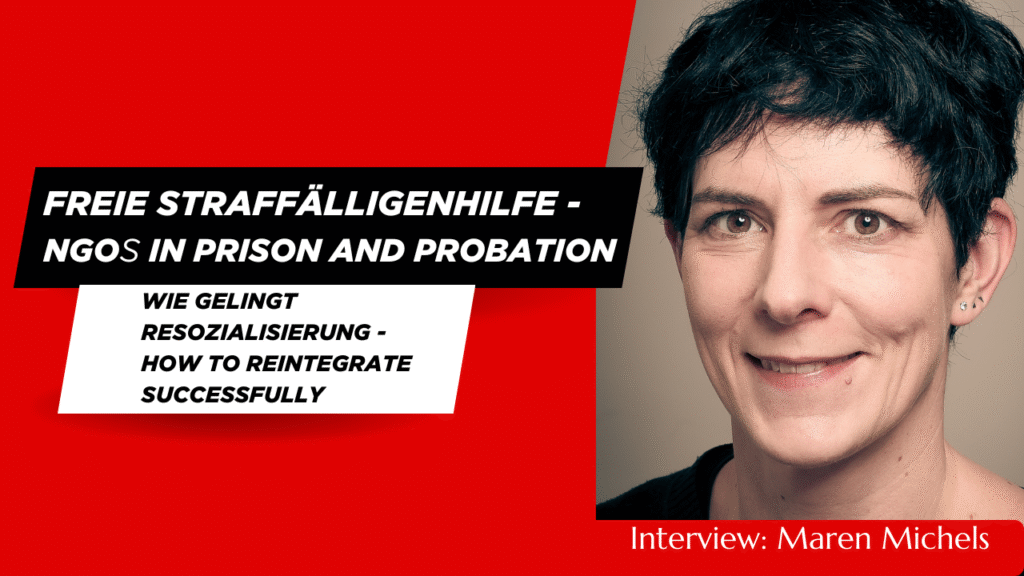Previous Article
News
The impact of terrorist attacks on the Flemish Probation Service
With a significant rise of the amount of terrorist attacks in Europe, probation organisations had to make a lot of changes within their organisations. Probation officers had to be trained to work with this new group of offenders and new regulations had to be said up. Carl Beckers from the Flemish Houses of Justice in Belgium explains how his organisation handles the cases of radicalised offenders.
What impact did the terrorist attacks have on your organisation?
One of our core tasks is victim support. Due to the large amount of victims after the terrorist attacks, including a lot of foreign nationalities, it was an intensive process trying to contact and find all victims. Our victim support units organised meetings with the Victim Identification Services and forensic scientists. They helped organising claims for civil damage and restitution of belongings and they organised collective information sessions.
Another important impact was caused by the number of political initiatives in response to the terrorist attacks all over Europe. For example, the extension of the definition of terrorist crimes in the penal code. More people were arrested for terrorist crimes, which led to a rise of terrorist crimes in the case files of our probation services.
What kind of training did the probation officers receive that have to work with the clients?
We trained two probation officers in every probation service (House of Justice) in Flanders on topics of radicalisation and extremism. Recently we have been training ten probation workers and one co-worker of the Centre for Electronic Monitoring to become experts in handling terrorism cases and radicalised offenders. These experts will support other probation workers and our Centre for Electronic Monitoring in dealing with these cases. They will be giving a framework to start with and from their experiences and input that will be gathered during expert meetings we will evaluate and adapt our way of working in these cases.
How does the Flanders Probation Service deal with released radicalised offenders?
We already had a number of cases relating to terrorist crimes or suspected radicalisation. The majority of these cases are pre-trial, which means the suspect hasn’t been convicted yet. There is a large diversity in profiles, some cases concern people who left to fight in Syria, some cases concern people that idolised IS-ideology, in some cases there is no longer a problem of violent extremism or radicalisation. A working-group within our probation service was set up to find a way to deal with these type of cases in the future. The result of their work was written down in a plan of action that was approved by the management. One of the key items was to create a support team of specialised probation workers (justice assistants) to coach and support other probation workers (justice assistants) working with radicalised offenders or suspects.
Do you cooperate with other countries when it comes to radicalisation?
We regularly participate at international meetings on the topic of radicalisation to learn about good practices in other countries. We try to follow up on the European reports about dealing with radicalisation in the probation and prison sector.
How do you cooperate with the other Belgium houses of Justice?
We have regular meetings with our French- and German speaking colleagues about radicalisation, but also about other tasks carried out by the houses of justice.

Related News
Keep up to date with the latest developments, stories, and updates on probation from across Europe and beyond. Find relevant news and insights shaping the field today.
Recap

CEP Events, Communication and Awareness-Raising
Recap: Conference on Public Perception of Probation
06/05/2025
From 6 to 7 May, the CEP Conference on the Public Perception of Probation in Europe took place in Antalya, Türkiye, bringing together over 100 participants from more than 20 countries. The event offered space for open discussion, exchange of experiences, and practical ideas on how probation is seen and supported across Europe.
New

Probation in Europe
New Interview Online with Felix Gerike, a survivor of a knife attack
01/05/2025
What do victims of violent crime need to recover—and what can be done to prevent such attacks?
In the latest episode of Division_Y, Jo Tein, CEP board member, speaks with Felix Gerike, a survivor of the 2023 Brokstedt knife attack in Germany. Felix played a crucial role in disarming the attacker, helping to prevent further harm. He shares his personal experience, reflections on victim support, and his views on justice and policy responses to violent crime.
Probation in Europe
New Executive Summaries for the report on Building Probation Capacity in Spanish and Italian
01/05/2025
Updated

CEP Board, Probation in Europe
New Interview Online: Maren Michels – The Role of NGOs in Probation
22/04/2025
In the newest Division_Y interview, Maren Michels, director of the Hamburg Welfare Association, shares her experiences and reflects on the vital role that NGOs play in supporting people during and after incarceration.
New

CEP Events
Want to Win a CEP Award? See How Finland Did It – Apply for 2025!
22/04/2025
We’re excited to share an exclusive interview with the winners of the Development of National Probation Services Award from the CEP Awards 2022:
The Prison and Probation Service of Finland.
New

Volunteers
International Day for Community Volunteers
17/04/2025
17 April – International Day for Community Volunteers!
Today, we celebrate the inaugural International Day for Community Volunteers Supporting Offender Reintegration—a day dedicated to acknowledging the vital contributions of volunteers who assist individuals in their journey back into society.
This initiative was launched during the 2nd World Congress for Community Volunteers, held alongside the 6th World Congress on Parole and Probation in The Hague (16–18 April 2024).
At CEP, we’re proud to support the official Declaration on the International Day for Community Volunteers. We’re also actively involved in the CoPPer project—a European initiative aimed at promoting community participation in probation services. CoPPer focuses on training volunteers to support individuals under supervision, helping them access education, employment, and community connections.
A heartfelt thank you to all the community volunteers out there—your dedication makes a real difference.
Subscribe to our bi-monthly email newsletter!
"*" indicates required fields
- Keep up to date with important probation developments and insights.

